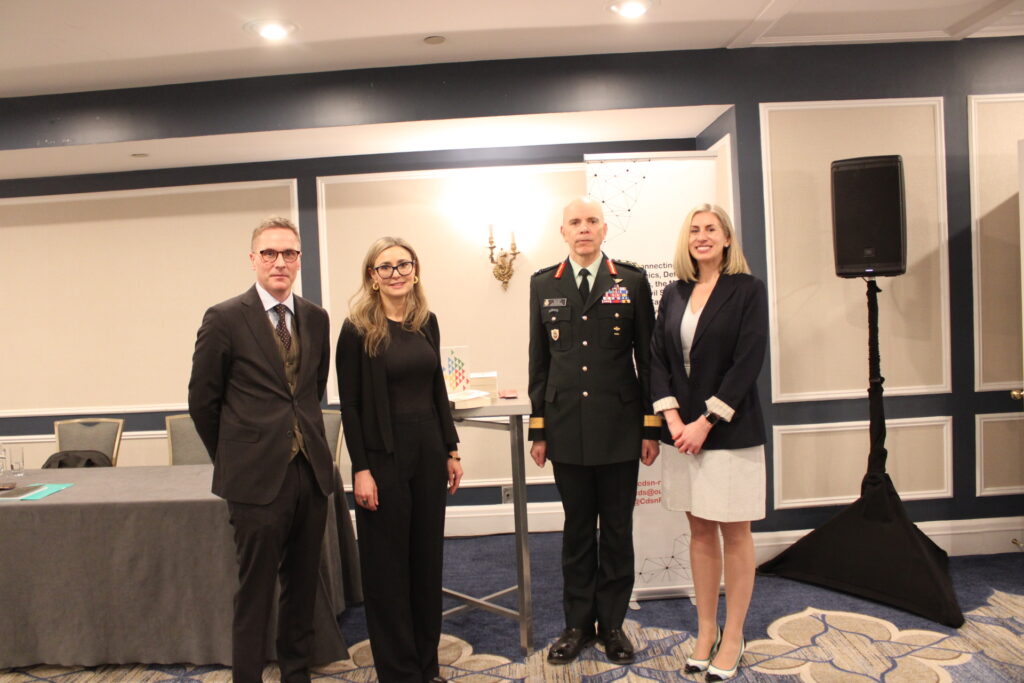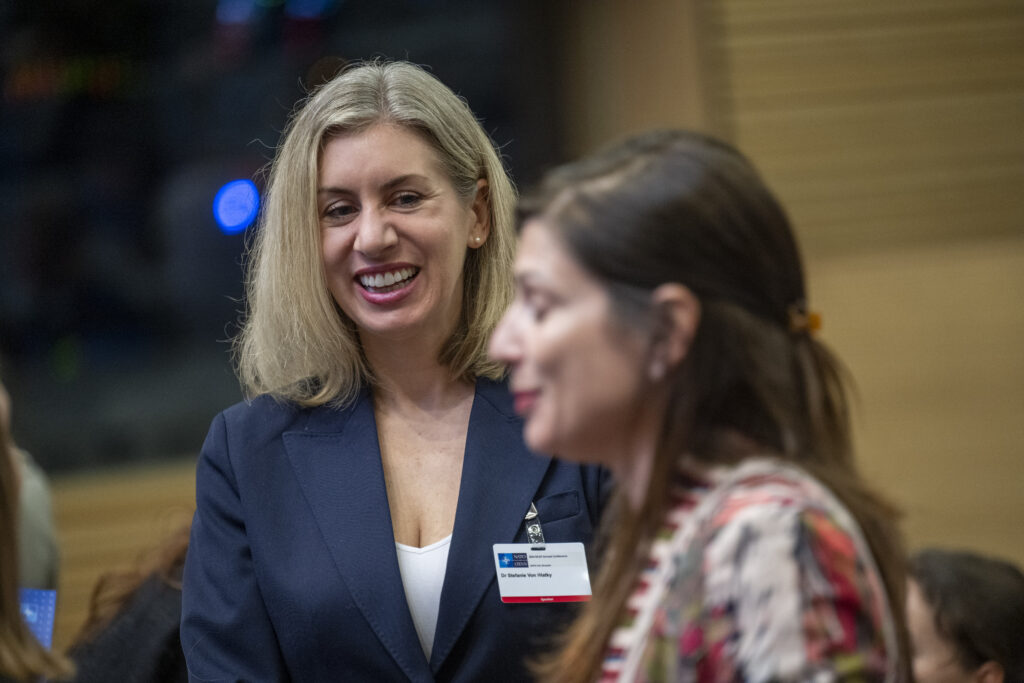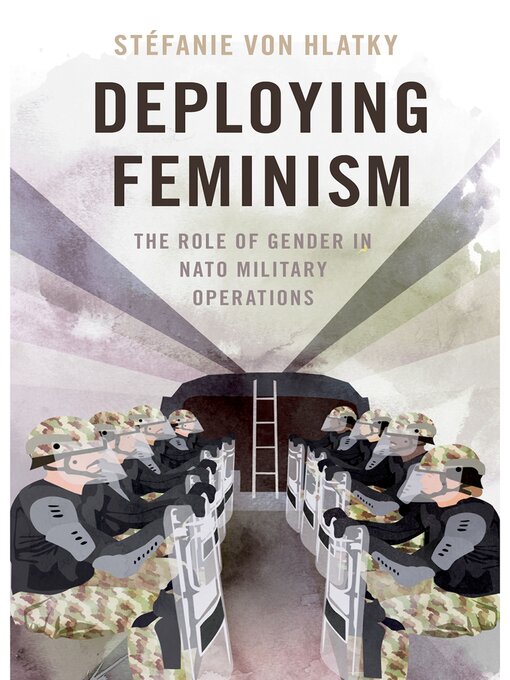Welcome,
I am the Canada Research Chair in Gender, Security, and the Armed Forces and a full professor of Political Studies at Queen’s University.
My research on NATO, military culture, and Women, Peace, and Security is rooted in a commitment to build more inclusive security outcomes.
As co-director with the Canadian Defence and Security Network and founder of Women in International Security – Canada, I strive to lead collaborative teams to bridge the gap between the world of academia and practice.

BOOKS
Explore my monographs, Deploying Feminism: The Role of Gender in NATO Military Operations (2020) and American Allies in Times of War: The Great Asymmetry (2013) and edited volumes.
Photo credit: Queen’s University


RESEARCH
Look through my peer-reviewed articles, policy reports, book chapters, on alliance politics, gender in military operations, women, peace and security and multinational cooperation
Photo credit: Queen’s University
SPEAKING
Learn more about my previous speaking engagements on topics including Deploying Feminism, NATO and Women, Peace and Security, Gender in the Canadian military, and more.
Photo credit: NATO

Newest Book
A detailed account, based on fieldwork and interviews, of how Women, Peace and Security norms are militarized and put at the service of operational effectiveness. International organizations and governments want to increase women’s participation in military operations and peacebuilding. Gender equality is increasingly seen as the antidote to conflict, a key factor in achieving stability. While feminist activism inspired the emergence of these norms on gender and conflict, they were institutionalized through the Women, Peace and Security (WPS) agenda, with the military at the forefront of those changes. In Deploying Feminism, Stéfanie von Hlatky tells the story of how the military has been delegated authority to advance gender equality as part of their activities, while simultaneously tackling increasingly complex threats. Drawing upon fieldwork and interviews, she illustrates how NATO, the world’s foremost alliance, has even embedded these ideas in the planning and execution of its missions. For troops deployed on NATO missions, this often means seeking out women in their operating area to improve intelligence gathering activities. While this helps the mission, does it help women and conflict-affected communities? Because of the military’s focus on operational effectiveness above all else, von Hlatky argues that there is a distortion of WPS norms, as gender equality concerns fade into the background. Looking at NATO’s ongoing operations in Iraq, Kosovo, and the Baltics, Deploying Feminism details the process by which Women, Peace and Security norms are militarized and put at the service of operational effectiveness. Further, it shows why an adjustment is necessary for gender equality to become a true planning priority.
